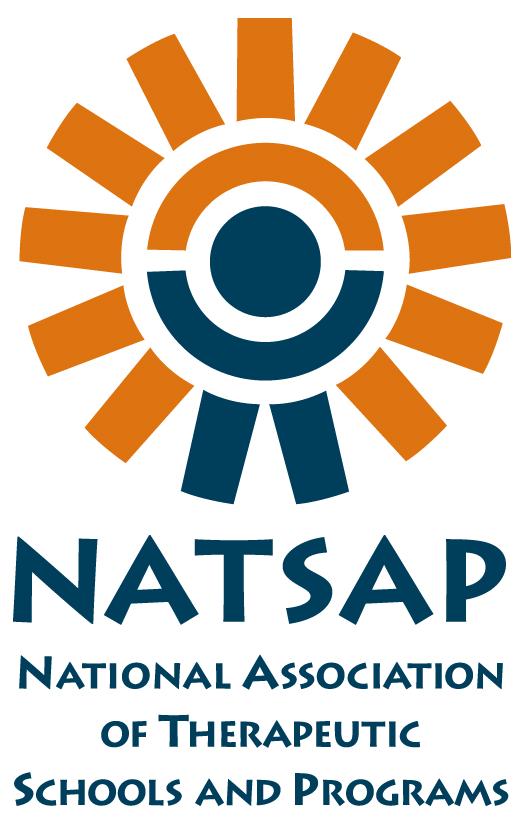Phase One: Orientation
A student enters Triumph and is immediately placed into the Orientation phase of the program, which is designed to last two weeks. This part of the program consists of a highly structured set of boundaries that includes a one-to-two-week period with full participation in all group, school, and recreational activities. A student will be assigned peer mentors and can interact with his peer mentors and all staff members to help him adjust and learn the rules, but he will have limited interaction with the other students during this phase. The therapeutic goal is for a new student to primarily interact with peers who are in higher-level phases and can better help the new student acclimate to the program. A student will remain in Orientation until he chooses to “step into” the first treatment phase of the program. After making the choice to step through, a student will go through a “phase-transition” group and will be welcomed to step through to the Base Camp phase of treatment.
Our Orientation phase has been modeled after the 12-step program where newcomers are exposed to others who no longer use, pass along the story of their own problem addictions, describe the sobriety they have found, and invite the newcomer to join the group. A student should come to accept that he is here to stay and begin thinking about wanting to change for the right reasons. Here he should find the desire to step into the next positive phase of life.
Students in Orientation will be exposed to other students who are successfully accomplishing the program and students who have graduated and are succeeding in life. Students will share their past problematic beliefs and coping skills, how the program has helped him find a new and better way, and invite the newcomer to “step into” the program.
Objectives:
- To introduce a student to the program.
- To give a student a time period and environment where they can begin to feel their internal struggles in a safe and supportive environment.
- To help a student come to the point where he recognizes that there is a better way and make a choice to “step into” the path.













